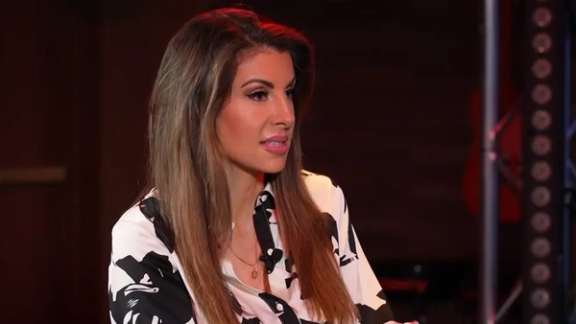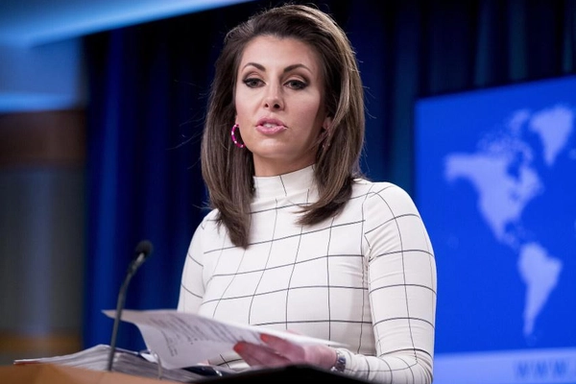Trump picks Iran critic for key Middle East role

President-elect Donald Trump on Friday named Morgan Ortagus, a former State Department spokesperson and prominent critic of Iran, as Deputy Special Presidential Envoy for Middle East Peace.

President-elect Donald Trump on Friday named Morgan Ortagus, a former State Department spokesperson and prominent critic of Iran, as Deputy Special Presidential Envoy for Middle East Peace.
The announcement signals a continued emphasis on the administration’s tough approach on Tehran but comes with Trump’s acknowledgment of past tensions with his appointee.
“I am pleased to announce Morgan Ortagus as Deputy Special Presidential Envoy for Middle East Peace… Early on Morgan fought me for three years, but hopefully has learned her lesson,” Trump wrote on Truth Social. “She will hopefully be an asset to Steve [Witkoff, Trump’s Special Envoy to the Middle East].”
Ortagus is recognized as a significant figure in US foreign policy, serving as the State Department spokesperson during Trump’s presidency. In this role, she communicated US positions on global issues, often focusing on Iran, China, and the Middle East.
She expressed hope in a tweet after being appointed that under Trump peace and stability will return to the Middle East.
A hardline approach to Iran
Ortagus consistently echoed and defended the Trump administration’s maximum pressure campaign against Iran. This policy aimed to isolate Tehran diplomatically and economically following the US withdrawal from the 2015 nuclear agreement (JCPOA) in 2018.
Ortagus argued that the sanctions undermined Iran’s ability to fund regional proxy groups and its missile development program.
She supported the US exit from the JCPOA, describing the agreement as inadequate in addressing Iran’s regional interventions and nuclear ambitions.
"Under the current trajectory, the Iranian regime will get a nuclear weapon in the next administration unless we have a president with the fortitude to stop it," said Ortagus in an exclusive interview with Iran International in June.
Ortagus highlighted the US’s backing of domestic protests in Iran, attributing the country’s economic and social struggles to the government’s policies.

"Khamenei's thugs killed 1,500 Iranians on the streets of Iran last November,” Ortagus wrote, quoting one of Khamenei's tweets in August 2020. “At least 23 were children. They deserved freedom and a future.”
She was referring to the fall of 2019, when widespread protests broke out across Iran following a sudden threefold increase in gas prices. Thousands of protesters were arrested. Many victims sustained gunshot wounds to the upper chest, indicating that security forces were operating under shoot-to-kill orders.
Ortagus has consistently portrayed Iran’s missile program as a global threat and accused Tehran of supporting militant groups.
Joining a team led by Steve Witkoff, Ortagus’s appointment comes at a time of heightened tensions in the Middle East. Her focus on pressuring Tehran aligns with Trump’s broader foreign policy objectives.